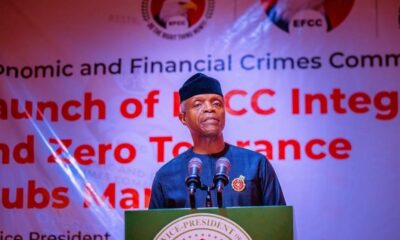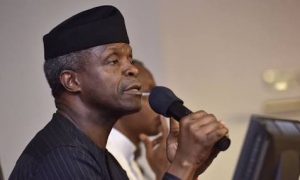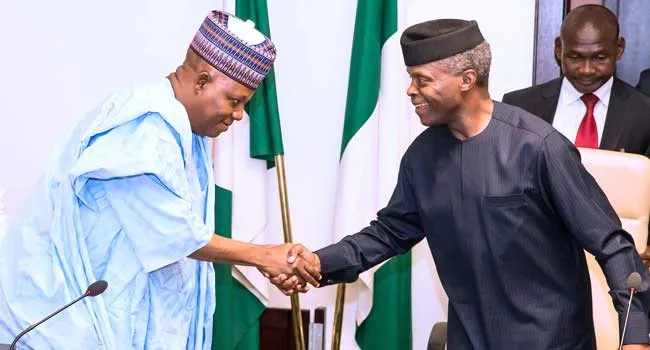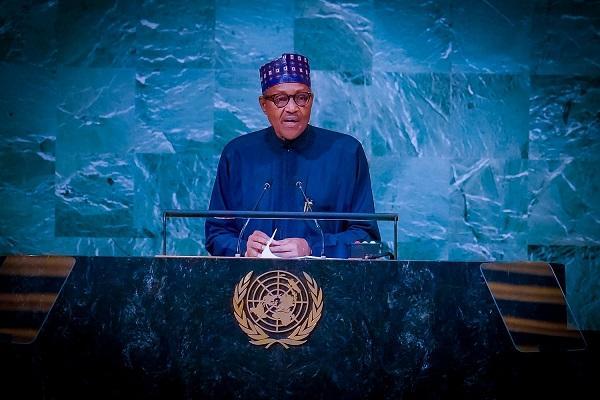Nigeria News
Osinbajo jets out to Accra for 61st ECOWAS Summit
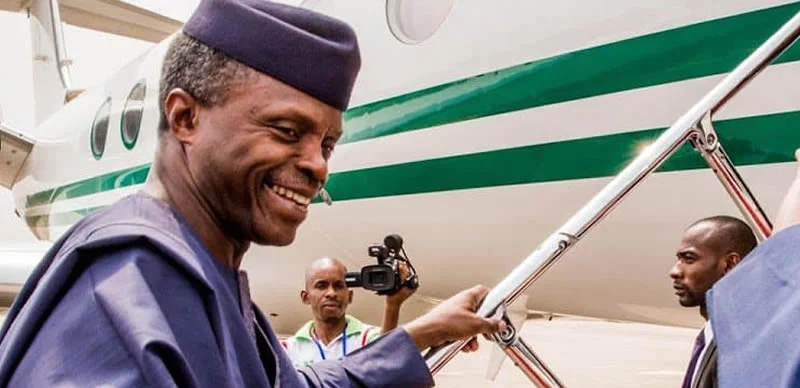
Vice President Yemi Osinbajo will depart Lagos this afternoon for Accra, Ghana, to represent Nigeria at the 61st Ordinary Session of the Authority of the ECOWAS Heads of State and Government holding tomorrow.
Prof. Osinbajo, standing in for President Muhammadu Buhari at the summit, will join other leaders to deliberate and take decisions on the political, security and humanitarian issues among others regarding the sub-region at the regular ECOWAS summit.
The meeting will also review the situations in Mali, Guinea and Burkina Faso, particularly towards restoring democratic rule. West African leaders have since 2020 held several sessions, including emergency meetings, dedicated to finding lasting solutions to the resurgence of coups in some of the countries in the sub-region.
According to a statement issued by Senior Special Assistant to the President on Media and Publicity Office of the ViceAt the summit tomorrow, the Mediation and Security Council of ECOWAS will update leaders on political developments in the region and in the sahel region.
The Council will also provide updates on the issues of insecurity, challenges relating to youth unemployment and the impact of diseases and pandemics on social tensions in the region.
Only recently on 4th June, 2022 in Accra, Ghana, President Buhari joined other ECOWAS leaders to deliberate on the situation in the sub-region, urging more attention to be paid to the victims of unconstitutional change of government
On the sidelines of the summit, Osinbajo will also attend a meeting of the five West African countries involved with “the Abidjan – Lagos Corridor Highway Development Project,” a flagship project of the Program for Infrastructure Development in Africa (PIDA). It connects the capitals of five West African states (Côte d’Ivoire, Ghana, Togo, Benin and Nigeria) and stretches for approximately 1,028 km.
A release from ECOWAS Commission had said the objective of the $42million project is “to promote cross-border trade, integrate economies within the ECOWAS area, reduce transport costs, stimulate inter-regional trade and strengthen regional integration in West Africa.”




